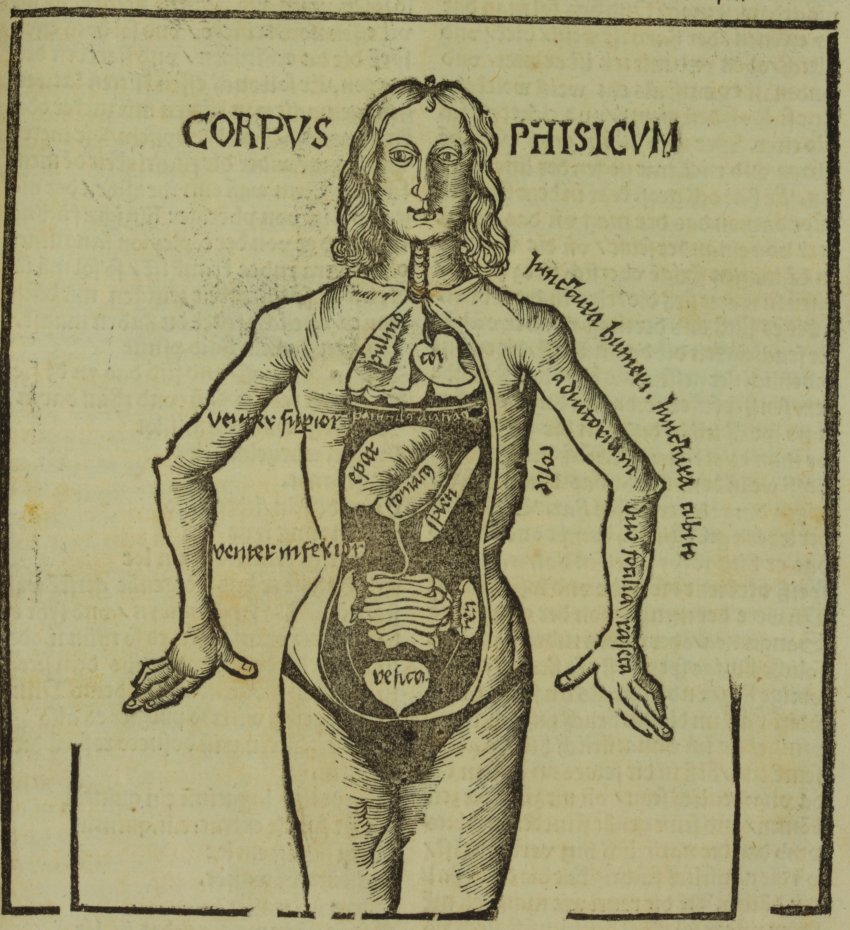
Avicenna & the Aristotelian Left
By Ernst Bloch
Translated by Loren Goldman & Peter Thompson
Columbia University Press, 2019
109 pp, $45.99
This is a book in which many different names and ideas swirl about, reflecting upon each other across millennia.
Ernst Bloch’s name pops up continually in writings about Hegelianism and Marxism. For a time, he was the most prominent philosopher in the German Democratic Republic (East Germany, DDR), before falling out with the Stalinist regime following the 1956 Hungarian uprising.
Bloch’s circle of dissident Marxist friends included Georg Lukács, Bertolt Brecht, Kurt Weill, Walter Benjamin and Theodor W Adorno. Bloch stood out because of his daring interpretations of the Bible as a source of hope.
While influential, his writings are nearly unobtainable in English, so this slim pamphlet is welcome.
It was first published in the DDR in the 1950s and effectively dropped from view, until spotted by two Bloch aficionados, Marxist academics Loren Goldman and Peter Thompson.
Bloch’s subject matter looms large in this Islamophobic era. Abu Ali Ibn Sina (whose Latinised name is Avicenna) died in 1037. He was the philosopher who transmitted to Europe the teachings of Aristotle and much more.
The gems of ancient European philosophy were eradicated by the rising Christian Church. Their mass destruction of libraries had plunged Europe into the Dark Ages.
Luckily, copies of the philosophers’ texts were preserved in Muslim lands, where they were studied and criticised. There would have been no Enlightenment without Avicenna and his successor, Averroes – who Bloch sees as forming an “Aristotelian left” trend.
Avicenna did not just write commentaries on Aristotle, he produced original treatises. These expanded into mathematics, physics and medicine. His medical text, The Canon, introduced proto-scientific medical ideas to Europe.
In the Arab world, Avicenna effectively transplanted Aristotle as the central philosophical figure.
Just one area into which Avicenna delved was in the truth conditions of propositions. He looked at whether the subject of a proposition must exist right now for the proposition to be true. For those recommending revolutionary social change, such philosophising is important.
Another area of Avicenna’s critique was on the question of the primacy of God in changes in reality.
In ancient Greece, Aristotle’s predecessor Plato taught that “form” (effectively, God) came before “matter”. For example, while there are many different types of triangles, the concept “triangle” must be in your mind before you draw one, or before you can recognise a triangle when you see one.
The ultimate source of all “forms” is God.
Aristotle criticised Plato’s disembodied forms, while incorporating the notion into his own logic. In Aristotle’s schema of the prime causes of reality, matter (nature) is passive, essentially waiting for form (ideas), the active essence of being, which initiates motion, the coming-into-being.
Avicenna took issue with Aristotle and this is what attracted Bloch.
Avicenna said that matter is not passive, but is an active collaborator with form. In fact, form has nothing to work with if there is no matter.
That is, material reality has to exist before ideas can have traction. His thinking got more radical from there.
Bloch sees three important aspects of Avicenna’s thinking.
Avicenna said that the body does not outlive death, therefore the soul cannot be sentient. Bloch saw this as a body-blow to the clerical terror -- the “metaphysical whip” -- of eternal damnation. With “no Hell below us”, as John Lennon sang, both Christian and Islamic authorities could not keep the masses subordinate.
Avicenna and Averroes believed that active human reason was available to all people. They did not believe in an intellectual elite.
Finally, because matter has to “be pregnant” with the possibilities that ideas bring to it, the world is not fixed and static in a way that God has imposed.
In this, Bloch sees Avicenna and his followers as comprising a trend similar to the Left Hegelians who criticised Friedrich Hegel and out of which Karl Marx emerged. Hence Bloch’s somewhat artifical creation of the term “Aristotelian Left”.
How was it that the Arab world was able to foster such thinkers? Bloch says that as the Roman Empire’s economic fortunes diminished, its former “melting pot” of ideas declined into Christian Orthodoxy. At the same time, the dynamism of Arab commerce provided material foundations for philosophical advances.
Thus the “idea” of Aristotle found fertile “matter” in which to flourish.
When Avicenna’s and Averroes’ writings were communicated to the West, there was uproar. Their philosophical validity was irrefutable, but the potential for atheism was obvious.
So Thomas Aquinas wrote critiques and attacks, while quietly incorporating key elements into the Church’s teachings. Thus, the road was opened to the Enlightenment, which was intertwined with capitalism.
And capitalism has provided the possibility, the “matter”, for the ideas of socialism to flourish - but that is another revolutionary coming-into-being.